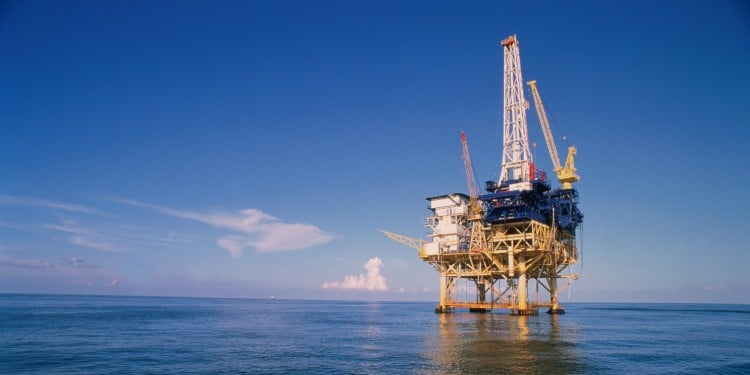Embarking on a Joint Venture in Maritime Oil and Gas Exploration: A Closer Look at the Consortium Formed by QatarEnergy, TotalEnergies, and Eni in Lebanon.
Lebanon has witnessed a significant shift in its energy sector dynamics with the announcement of a three-way consortium between QatarEnergy, TotalEnergies, and Eni to explore oil and gas in two maritime blocks off its coast, signaling an intriguing turn of events for the region’s energy landscape. Amidst a complex geopolitical backdrop and an evolving global energy market, this endeavor, heralded by the Lebanese energy ministry, unfolds a chapter that could be pivotal for Lebanon’s economic prospects and energy security.
In a beacon of positive development amidst Lebanon’s multifaceted challenges, the energy ministry declared that QatarEnergy would be joining hands with France’s TotalEnergies and Italy’s Eni to foster exploration activities in the nation’s offshore sectors. The consortium underscores a shared vision and collaborative effort aimed at harnessing the potential encapsulated in the eastern Mediterranean and Levant offshore areas, which have historically proven to be reservoirs of substantial gas discoveries, especially over the previous decade.
Following months of intricate negotiations, the stakeholder distribution among the consortium members was agreed upon, with QatarEnergy securing a 30% stake, while TotalEnergies and Eni would retain 35% each. Notably, this resolution emerges after Lebanon’s first licensing round in 2017, during which a consortium—comprising TotalEnergies, Eni, and Russia’s Novatek—was victorious in procuring bids to explore offshore 4 and 9 blocks.
However, the journey to this current consortium configuration has not been without its share of challenges and evolutions. In September 2022, Novatek relinquished its involvement, thereby bestowing its 20% stake upon the Lebanese government. This withdrawal necessitated the recalibration of stakeholder investments and roles within the exploration project and rendered the involvement of a new partner, QatarEnergy, both timely and vital to sustaining the momentum of exploration activities.
Moreover, the geopolitical dimension, invariably intertwined with energy exploration and production in the region, played a critical role in shaping the framework and agreements related to these maritime blocks. Particularly, the lingering dispute between Lebanon and Israel concerning their maritime border witnessed a historic resolution in the month succeeding Novatek’s withdrawal. The U.S.-brokered landmark agreement between Lebanon and Israel, delineating their maritime borders, became a pivotal determinant in the structuring and future trajectory of the exploration endeavors in block 9. Notably, a portion of block 9 is situated south of the newly established border with Israel.
A distinct and diplomatically nuanced agreement between Total and Israel was fashioned concerning the revenue generation from the aforementioned segment of block 9, reinforcing the intricacy of managing energy exploration within a context of layered geopolitical considerations. The agreement firmly established that neither Lebanese nor Israeli corporations would operate in the zone located below the newly delineated border, instigating the transfer of the TotalEnergies and government stakes to entities referred to as “vehicles” of TotalEnergies and precipitating the quest for a new consortium partner.
This ambitious exploration initiative arrives amidst heightened global interest in the eastern Mediterranean and Levant regions, particularly given the notable gas discoveries in the previous decade and the augmented reliance on diversified gas supply chains in the aftermath of Russia’s invasion of Ukraine. The consortium, therefore, not only represents a cooperative venture aimed at tapping into the rich energy potential off Lebanon’s coast but also resonates on a larger scale within the context of regional energy security and global energy supply dynamics.
In conclusion, the formation of the consortium between QatarEnergy, TotalEnergies, and Eni and the ensuing exploration in Lebanon’s maritime blocks is emblematic of the complex, yet potentially rewarding, interplay of energy exploration, geopolitical considerations, and collaborative international ventures. It is imperative that such collaborations are navigated with a judicious blend of economic foresight, environmental consideration, and diplomatic acumen to ensure that the potential benefits can be realized in a manner that is conducive to regional stability and symbiotic international relations.
With this initiative underpinning Lebanon’s aspirations for energy self-sufficiency and economic rejuvenation, all eyes will be attentively observing the unfolding chapters of this exploration story, deciphering its implications not only for the nation but also for the broader dynamics of the global energy landscape.



















